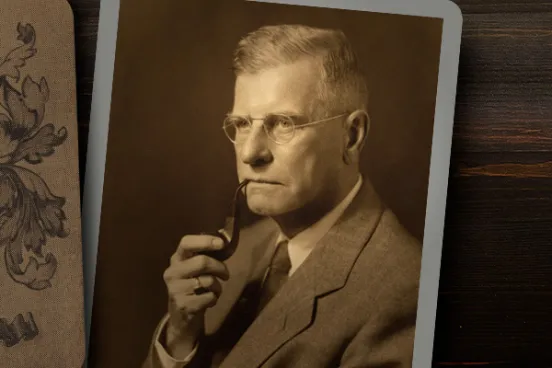
This spring, Professor Emeritus James Boyd White’s classic text, The Legal Imagination, was republished by Wolters Kluwer, with a new foreword by White. It is a unique decision to bring back a book that has been out of publication for nearly 25 years.
“When we first published The Legal Imagination, it was groundbreaking and inspirational to a generation of legal faculty and students seeking to re-situate the foundations of law in language and the human experience,” says Joe Terry, publisher of Wolters Kluwer’s legal education division.
Although The Legal Imagination was out of print by the early 1990s, “today, again, faculty are looking for ways to convey the importance of language as critical context for the growing focus on experiential education and effective legal writing.
So in response to significant public request, and with great delight, we are issuing a newly updated anniversary edition. We hope that it will inspire a new generation facing new 21st-century challenges,” says Terry.
The book was one of the subjects of the festschrift, Living in a Law Transformed: Encounters with the Works of James Boyd White (Michigan Publishing, 2014), edited by Julen Etxabe and Gary Watt. It also was a focus of the annual meeting of the Association for the Study of Law, Culture, and the Humanities, held in Washington, D.C., in March. White, the L. Hart Wright Collegiate Professor of Law Emeritus, is a member of the American Law Institute and the American Academy of Arts and Sciences.
He calls the republication “an astonishing honor for the book.”
Revered for pioneering the law and literature movement, in The Legal Imagination, White frames discussions on topics that intersect both legal and non-legal discourse, like reading the utopian Constitution of Brook Farm alongside Shakespeare’s The Tempest, or a judge’s sentencing decision alongside Jane Austen’s Pride and Prejudice.
He asks his readers not only to analyze legal and non-legal literature, but to consider the power of language and how it can be reimagined. When Little, Brown and Company originally published the book in 1973, The Legal Imagination broke convention by urging students to understand the law beyond mere memorization and “to trust and follow their own curiosity.”
White writes in the new foreword, “I think…it may be of wider relevance now than when it was first published, for its central concern is with integrity—integrity of the law, of language, of the individual person—at a time when integrity itself sometimes seems to be threatened as a value.”







